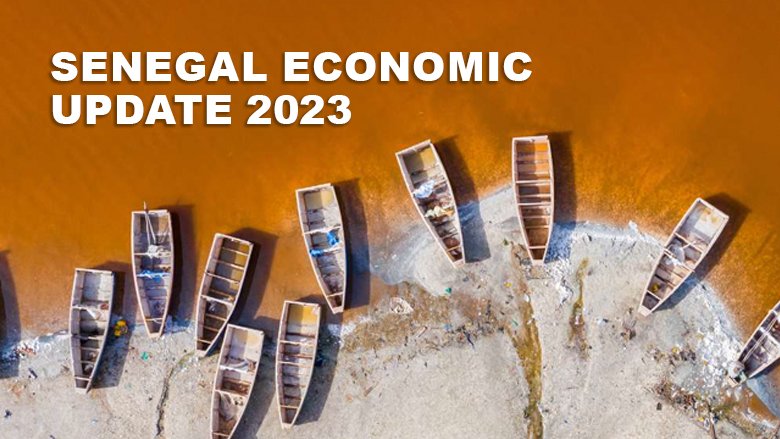- Economic growth decelerated in 2022 within a complex context characterized by strong inflationary pressures, rising global commodity prices, unfavorable rainfall pattern, and global economic slowdown linked to the Russian invasion of Ukraine. After a strong recovery in growth in 2021 to 6.5% of GDP, real GDP growth slowed in 2022 to 4.2%, following a decline in private investment and exports, as well as a contraction in industrial production.
- Public debt has been increasing at an accelerating rate, driven by shock mitigation measures and additional borrowing by state-owned enterprises to finance investments in the oil and gas sector. Public debt has been increasing significantly since 2019. It reached 69.1% of GDP in 2020, 73.3% in 2021 and 75% of GDP in 2022.
- Global monetary tightening, triggered by rising inflation following the Russian’s invasion in Ukraine, is driving up borrowing cost in both domestic and international markets.
- The outlook looks favorable as economic activity is projected to be strong, reflecting the dynamism in the secondary sector, mainly industrial production. In 2023, economic growth should reach 4.7%, driven by a rebound in the secondary sector thanks to the normalization of international commodity prices, a favorable institutional environment, and the use of private public partnership to finance public investments and the strengthening of foreign direct investment for the exploitation of hydrocarbons.
- Hydrocarbon revenues and revenue mobilization efforts are expected to help reduce the budget deficit and its convergence towards the WAEMU criterion of 3% of GDP by 2025. In the short term, the impact of the war in Ukraine will continue to be felt on staple food prices, although mitigated by lower prices for domestically produced commodities.
- The report devotes its thematic chapter to policies that can address the needs of vulnerable groups by making them resilient and suggests four areas of intervention for these public policies. Meeting the needs of households vulnerable to poverty in Senegal needs to consider the quantification of vulnerability to poverty, which is particularly important for public social protection policies.

Economic growth decelerated in 2022 within a complex context characterized by strong inflationary pressures, rising global commodity prices, unfavorable rainfall pattern, and global economic slowdown linked to the Russian invasion of Ukraine. After a strong recovery in growth in 2021 to 6.5% of GDP, real GDP growth slowed in 2022 to 4.2%, following a decline in private investment and exports, as well as a contraction in industrial production.